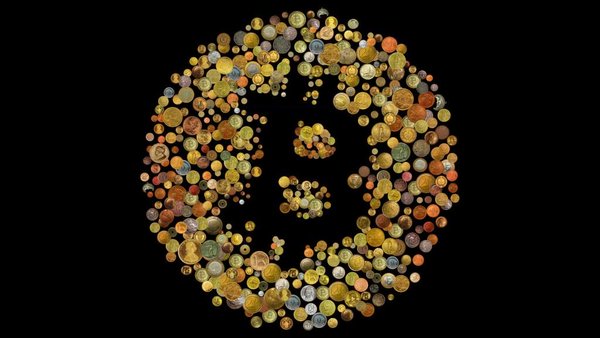Demonetization raises Bitcoin hopes
Exchanges believe its legal status may now change, with the government pushing for digitised transactions.The central government’s demonetization drive has come as a sign of encouragement for Bitcoin exchanges.
The crypto currency-cum-payment system has been denied a legal or currency status till now by the Reserve Bank of India (RBI). The exchanges now believe this might change, with the government push for digitised transactions.
This has led to a spike in the crypto currency’s price and it is quoting at a premium in India vis-a-vis international markets. A unit of Bitcoin is quoting above $760 (around Rs 51,000), a 52-week high. In Zebpay, its largest exchange in India, it is quoting at Rs 56,000-57,000, a premium of 10 per cent.
Sandeep Goenka, co-founder of Zebpay, said: “Bitcoins are now legal and regulated in most Western countries. We believe the government’s intent to push digital money means Bitcoins would be given regulatory status sooner rather than later. We are reaching out to all regulatory bodies for this.”
Bitcoin and other crypto currencies have found acceptance globally. Various authorities in Japan, Singapore, Australia, the European Union (EU) and the US have recognised it in some form or the other. For example, New York’s superintendent of financial services has started giving a licence for crypto currency businesses. The European Court of Justice, the EU’s highest court, has ruled that Bitcoin transactions are exempt from value added tax under the provision concerning transactions relating to currency, bank notes and coins used as legal tender. EY, the global consultancy, will start accepting fees in Bitcoins from January in Switzerland. Many traders are accepting Bitcoins against sale of goods.
In India, however, RBI is holding back. As crypto coins or Bitcoins aren’t defined under the Foreign Exchange Management Act, the central bank is not willing to grant it a currency status. When asked, an RBI spokesperson referred to its statement of December 2013, where the apex bank had warned users that virtual currencies are stored in digital media, are prone to losses arising out of hacking, loss of password, compromising of access credentials, malware attack and so forth.
In India, Bitcoin trading exchanges allow their usage to recharge mobile plans and buying of gift vouchers on their websites, apart from other uses. Goenka believes Bitcoin has the potential to leapfrog India’s financial infrastructure. “We can skip credit/debit card generation and move directly to crypto currency payments. This will enable financial inclusion for millions,” he said.
Experts have suggestions for defining Bitcoin under the existing legal structure. According to Nishith Desai & Associates: “Bitcoins may fall under the meaning of ‘goods’ and be covered under the Sale of Goods Act.” The law firm has quoted past court observations to support this opinion.
Tejas Karia, partner in the law firm of Shardul Amarchand Mangaldas, said: “Bitcoin, when viewed as a contractual relationship between parties, needs to comply with provisions of the Indian Contract Act. More, in the Bitcoin framework involving electronic transactions entirely, legal provisions on data protection and cyber security hold more prominence than ever before.” However, there is concern that the Information Technology Act and prevailing public policies will be a hurdle till formal regulations are formed.
RBI’s objections to bitcoins
- Being digital in nature, they are stored in digital/electronic media and are prone to losses arising out of hacking, loss of password, compromise of access credentials, malware attack, etc
- There is no established framework for recourse to customer problems/disputes/charge backs, etc
- There is no underlying product or backing of any asset for virtual currencies. Their value seems to be a matter of speculation. Due to huge volatility in the past, users are exposed to potential losses.







